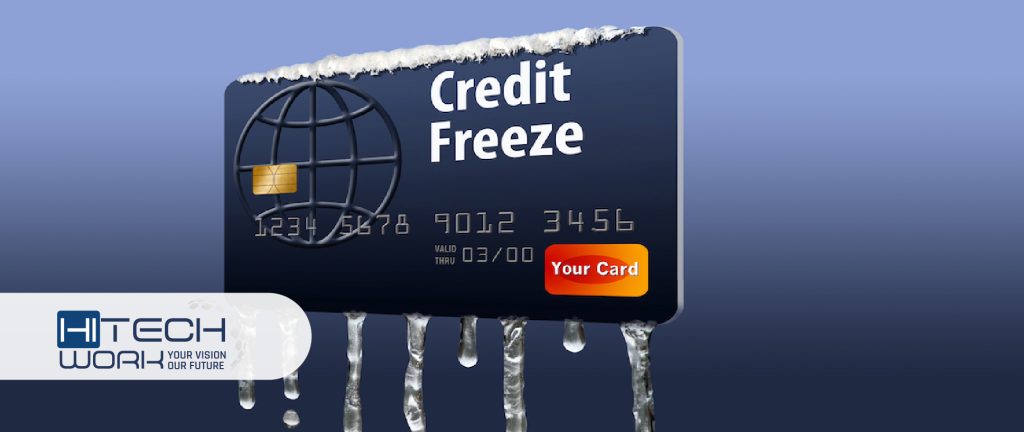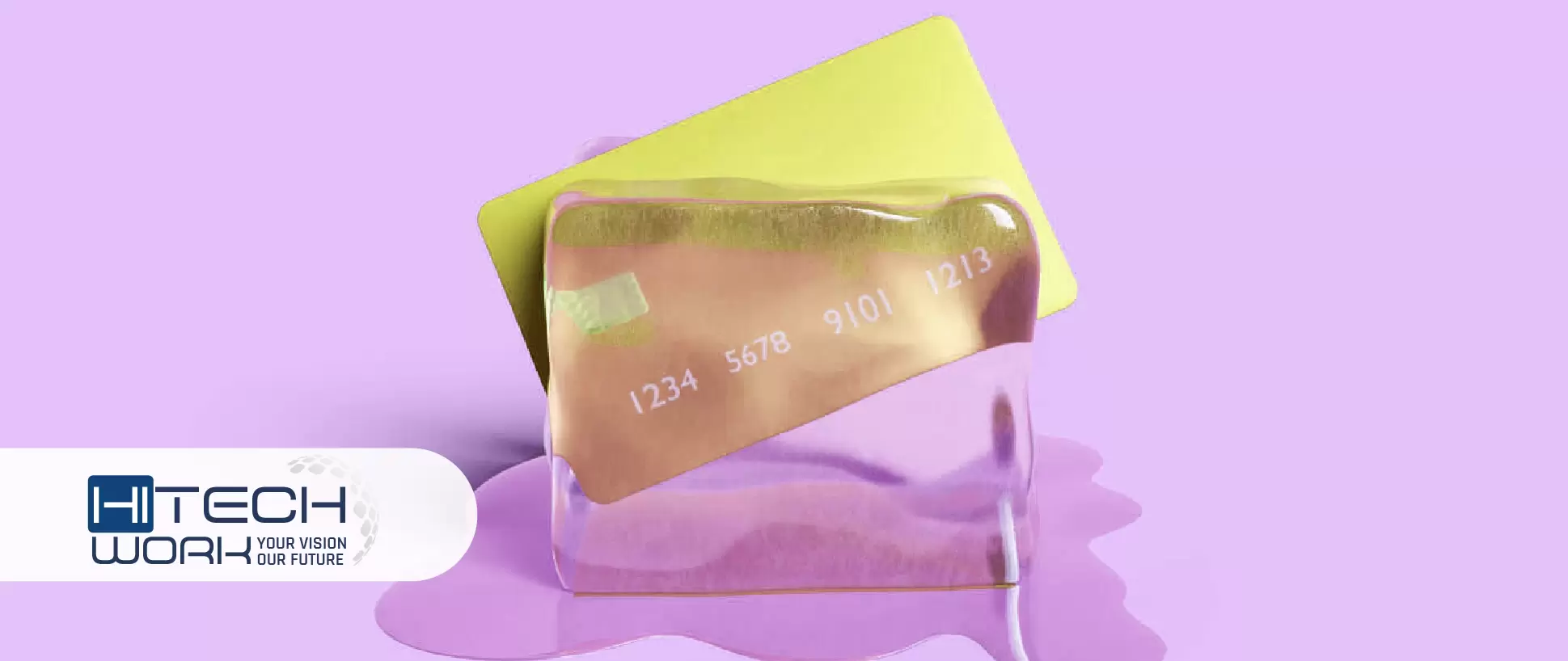Still searching for a way to freeze your credit card? You’ve found the right article, so dive in, and let’s find out how to do it. So, the first thing is to know about the card freezing.
What is Credit Freeze?
To protect your accounts, you must know what important steps, like Credit freeze, you must take to avoid identity thieves opening credit accounts using your name. A credit freeze, also called security protection, keeps your sensitive data on your credit, like your social security number or your birthdate. And keep it protected and not accessible without your consent.
This freeze will protect you from all fraudulent applications related to your credit and save you from scammers. Even if someone tries to access your frozen credit using your personal information, the data is required to approve the application.
How to Freeze Your Credit?
Well, to freeze your credit card, you will have to contact 3 credit bureaus as they have fraud detection. This helps to reduce the risk of identity theft; freezing your credit restricts new credit cards from being accessed altogether.
- TransUnion: Go online on their site, www.transunion.com, or call their number call 888-909-8872.
- Equifax: Visit their website,www.equifax.com, or call their number 800-349-9960.
- Experian: Visitwww.experian.com or call their number 888‑397‑3742.
These bureaus can set up freezes for your credit for free. It does take only a few minutes. It also has no downsides except for the small bit of friction that comes with when you have to unfreeze your credit when you want to have a new credit card, get a loan for a car, etc.
Information Required for Freeze in All 3 Bureaus:

We are here to tell you about all the information and documents required for your credit freeze. However, the requirements in all 3 bureaus may be slightly different from each other.
But here we have gathered the general information required in all 3 of them:
- Social Security number.
- Date of birth.
- Address.
Depending on what method you choose to freeze your credit, either online, by phone, or by mail. Then you might as well need the following:
- Copy of your passport, driver’s license, or military ID (if any).
- Copy of your tax documents, bank statements, or utility bills.
- Proof of your address, most likely a utility bill.
Note: If you are choosing your phone to freeze your credit, prepare yourself to answer some authentication questions.
Tricks That Could Help:
- A user found out about this a couple of years ago when he noticed a fraudulent credit application on an Equifax report. Then police report was filed, disputed the application, and tried its best to remove it. But it was a pain in the neck and was something that shouldn’t been done at all. Thankfully, they were not successful in that fraudulent credit application.
- Suppose you keep a freeze on your credit reports all the time. When you apply for credit, they would go and schedule a “thaw” for a short period, which will take less than 5 minutes.
- Now, this can also be done for people who won’t need to apply for credit at all or any time soon, such as older people, children, and disabled people.
- With the data breaches floating around, we can see data breaches and sensitive data being exposed. Like the possibility of your Social Security Number floating around on the dark web. the best thing to do is to take a step and prevent new credit from being opened in the first place. Then, if you find out that your credit score is 300, it means your identity is stolen.
If you want to go a little extra mile, two other bureaus are less known, but they might have the information:
- Innovis: Call 866-712-4546 or visit online.
- National Consumer Telecom & Utilities Exchange: Call 866-349-5355 or visit them online.
Security Breaches in These Credit Freeze Bureaus:
Equifax, one of the major credit agencies mentioned above, suffered a data security breach, which served as a warning. This theft of social numbers and every single personal detail means that someone out there is stealing all your information and wants to steal your identity.
However, to be clearer, the credit freeze will not completely protect you from identity theft. However, it would make it difficult to use your stolen identity to open fraudulent credit accounts.
With these kinds of victims of identity fraud now, it would be smart to take steps to protect your assets. The question arises here: is it worth freezing your card? Back then, it did cost a lot of money; however, now the law that credit reporting agencies will freeze credit for free has made it a lot easier for everyone.
The Pros of Credit Freeze:

- Freezing your credit helps to reduce someone’s ability to create a fraudulent credit account using your name.
- Also, freezing your credit gives you peace of mind by knowing that your credit report is secure.
- A credit freeze is not going to impact your credit score or affect your ability to use your existing credit accounts.
- Credit freezes have become absolutely free by the bureaus.
- Freezing your credit will also prevent you from immediately applying for a new credit card at a store since lifting a freeze from credit will take roughly 20 minutes.
- In most states, credit freezes last indefinitely, so don’t worry about them expiring until you lift these credit freezes.




![How to Reverse a Video on Instagram? [2024 Ultimate Guide] how-to-reverse-a-video-on-instagram](https://www.hitechwork.com/wp-content/uploads/2024/03/how-to-reverse-a-video-on-instagram-1-218x150.webp)

